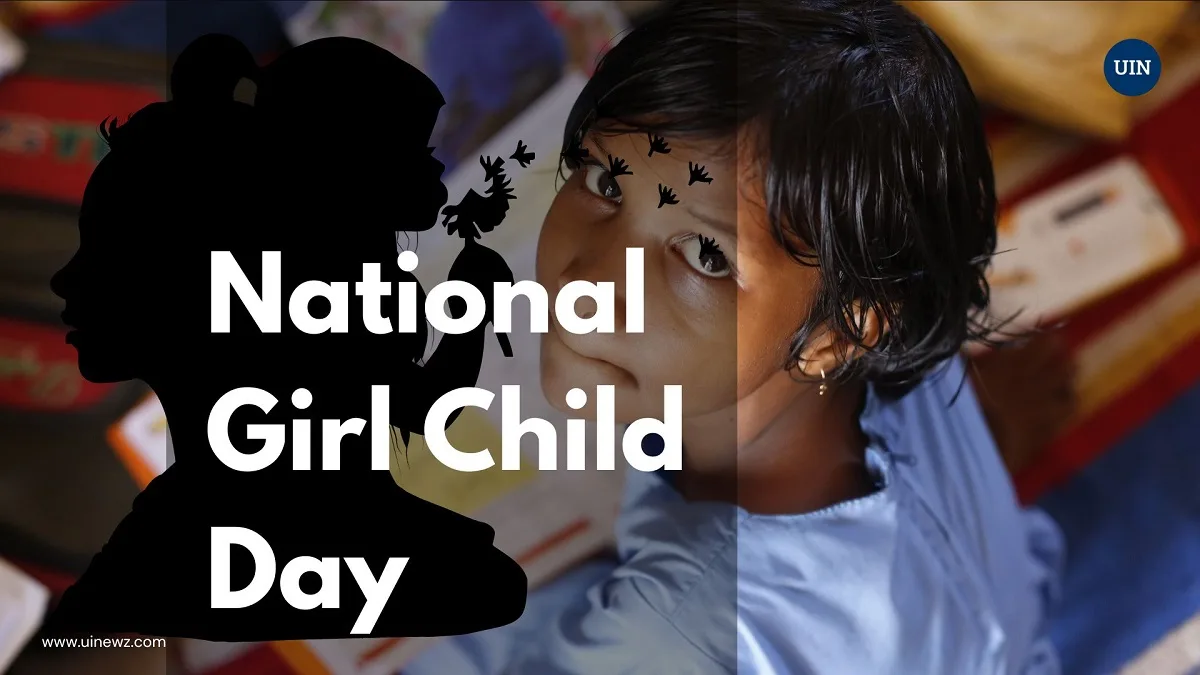
National Girl Child Day: Empowering a Brighter Tomorrow
National Girl Child Day, observed on January 24 every year, serves as a powerful reminder of the challenges faced by girls in Indian society. This annual event aims to address gender inequalities and promote the principles of equality and dignity for every girl child. The day focuses on advocating for equal opportunities in education, healthcare, and nutrition, while also raising awareness about the rights of girls and combating issues like child marriage, discrimination, and violence.
History and Significance
Established by the Ministry of Women and Child Development in 2008, Since then, the day has been celebrated across India with a common annual theme, emphasizing the unique challenges faced by girls in a society grappling with gender inequality, education limitations, and gender-based violence. The event holds immense significance in promoting gender equality and addressing issues faced by girls in India.
Objectives of National Girl Child Day
The celebration of National Girl Child Day revolves around three key objectives:
- Promoting Gender Equality: The initiative aims to challenge gender stereotypes and promote gender equality, eliminating discriminatory practices against girls.
- Empowering Girls: The day seeks to provide girls with the knowledge, tools, and opportunities they need to realize their full potential, encouraging their education and overall well-being.
- Protecting Girl’s Rights: National Girl Child Day strives to safeguard girls against child marriage, malnutrition, and gender-based violence, advocating for a society where girls can access equal opportunities.
Themes Over the Years
While the government has not announced a theme for 2024, previous themes have reflected the evolving challenges and aspirations. Themes like ‘Empowering Girls for a Brighter Tomorrow’ in 2019 and ‘My Voice, Our Common Future’ in 2020 highlight the focus on empowerment and collective efforts. The theme ‘Digital Generation, Our Generation‘ in 2021 underlines the importance of adapting to the changing times and leveraging technology for progress.
Government Schemes for Girl Child Welfare
National Girl Child Day also sheds light on various government schemes designed to ensure the well-being and empowerment of girl children in the country. Some notable schemes include:
- Beti Bachao Beti Padhao: Launched by Prime Minister Narendra Modi, this scheme addresses the declining Child Sex Ratio and works towards women’s empowerment throughout their life cycle.
- Sukanya Samriddhi Yojana (SSY): A savings scheme allowing parents to open an account for a girl child, promoting financial security and independence.
- National Scheme of Incentives to Girls for Secondary Education: Designed to promote enrolment and reduce dropout rates among girls belonging to SC/ST communities in secondary schools.
- Balika Samridhi Yojana: Providing financial aid to girl children from families below the poverty line, supporting their education and overall well-being.
- UDAAN CBSE Scholarship Program: Aimed at addressing the low enrolment of female students in engineering institutions, encouraging their participation in higher education.
Impact and Future Directions
The observance of National Girl Child Day has led to increased awareness about the importance of girls’ education, empowerment, and safety. Positive trends, such as a rise in the female employment ratio, a decline in female school dropouts, and a reduction in child marriages, can be attributed to these awareness initiatives. However, there is still much work to be done to achieve comprehensive gender equality in India.
National Girl Child Day stands as a beacon of hope, advocating for the rights and empowerment of every girl child in India. Through government initiatives, awareness campaigns, and societal participation, the day catalyzes positive change. As we celebrate this day each year, let it be a collective commitment to fostering an environment where every girl can thrive, contribute meaningfully, and build a brighter tomorrow.






